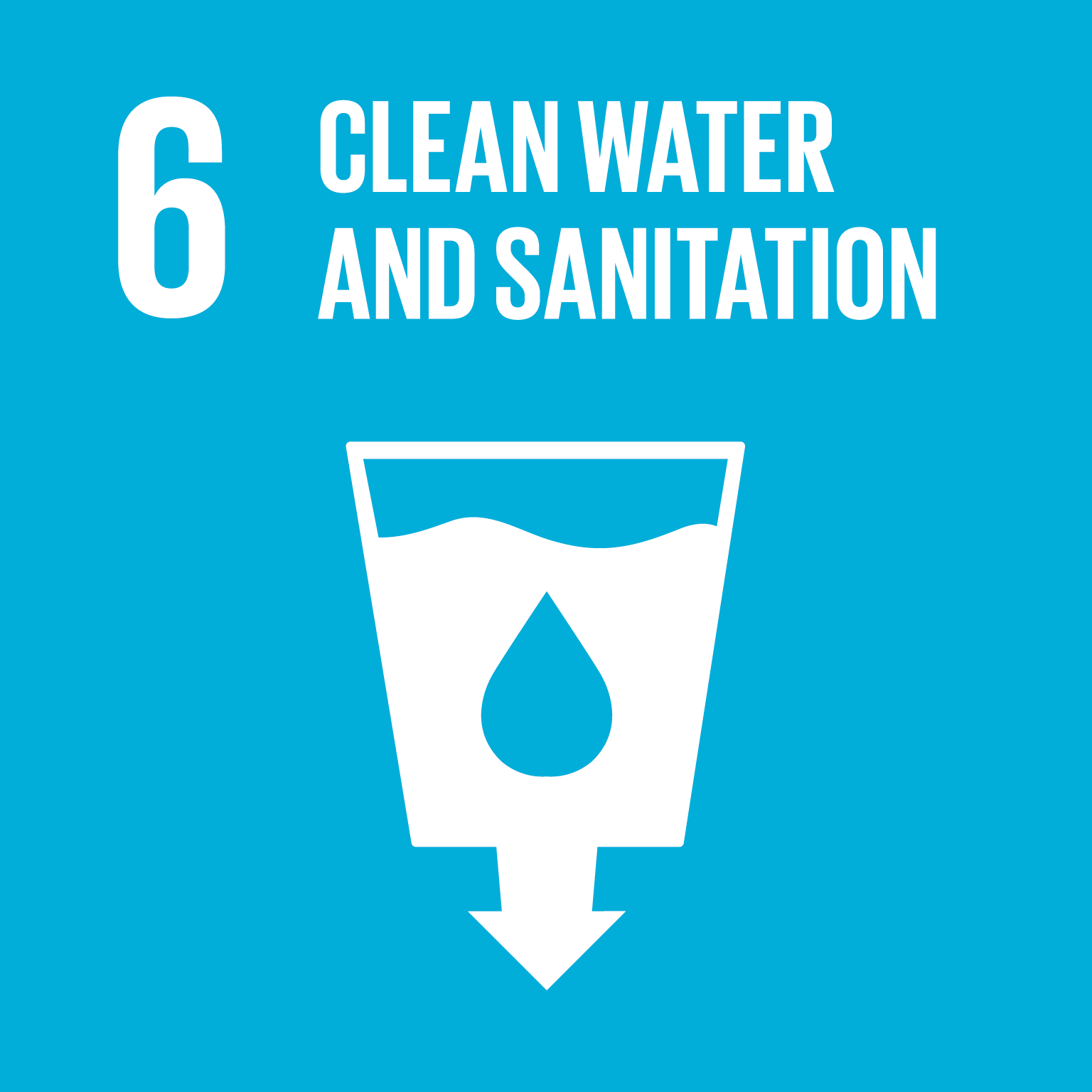Global Civil Society & the UN Sustainable Development Goals
Goal 6: Ensure access to water and sanitation for all
Access to safe water, sanitation and hygiene is the most basic human need for health and well-being. Billions of people will lack access to these basic services in 2030 unless progress quadruples. Demand for water is rising owing to rapid population growth, urbanization and increasing water needs from agriculture, industry, and energy sectors.
The demand for water has outpaced population growth, and half the world’s population is already experiencing severe water scarcity at least one month a year. Water scarcity is projected to increase with the rise of global temperatures as a result of climate change.
Investments in infrastructure and sanitation facilities; protection and restoration of water- related ecosystems; and hygiene education are among the steps necessary to ensure universal access to safe and affordable drinking water for all by 2030, and improving water-use efficiency is one key to reducing water stress.
There has been positive progress. Between 2015 and 2022, the proportion of the world’s population with access to safely managed drinking water increased from 69 per cent to 73 per cent.
| Name | Acronym | Founded | City HQ | Country/Territory HQ | Type I | Type II |
|---|---|---|---|---|---|---|
WorldFish |
1975 | Bayan Lepas | Malaysia | E | ||
WorldLoop |
2011 | Brussels | Belgium | G | ||
WTO Agreement on the Application of Sanitary and Phytosanitary Measures |
SPS agreement | 1993 | T | g | ||
Y Care International |
1984 | London | UK | G | ||
YOU Stiftung - Bildung für Kinder in Not |
YOU Foundation | 1992 | Düsseldorf | Germany | G | f |
Zero Emissions Platform |
ZEP | 2005 | Brussels | Belgium | F | |
Zero Emissions Research Initiatives |
ZERI | 1994 | Kamakura | Japan | E | f |
Zero Waste International Alliance |
ZWIA | 2003 | J | |||
Zero Waste MENA |
ZW MENA | 2013 | Cambridge | UK | J | |
ZOA |
1973 | Apeldoorn | Netherlands | G |
